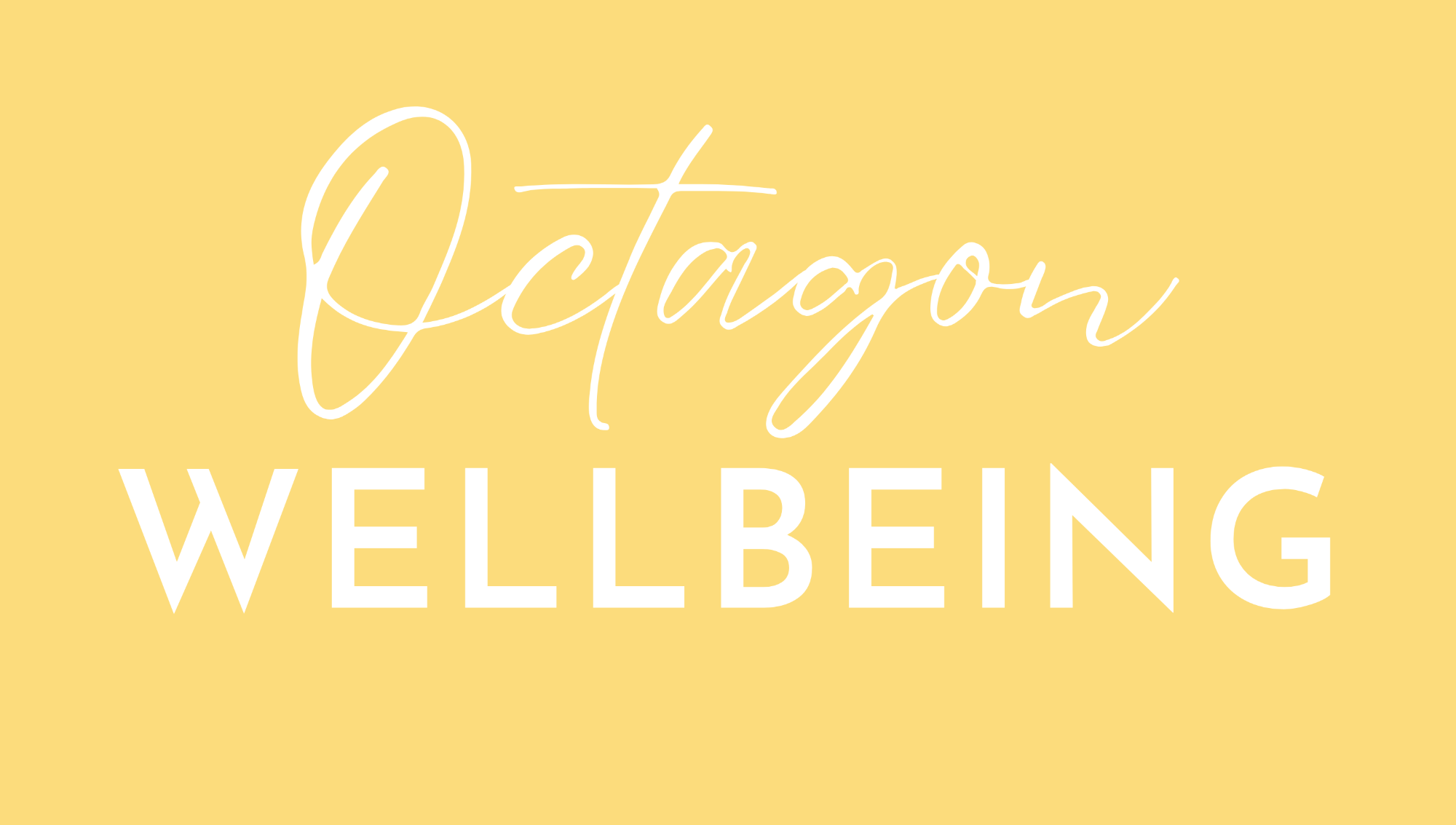Is hypnotherapy the same as stage hypnosis?
Posted on
The short answer: No
The longer answer:
Stage hypnosis tends to be what people think of when hypnosis or hypnotherapy is mentioned, both are completely safe although that tends to be where the similarities end. Essentially, one is therapy and the other is entertainment. Stage hypnosis is a show set up for audience enjoyment whereas hypnotherapy for therapeutic purpose is all about the client’s needs and is far less dramatic. A hypnotherapy session certainly won't have you acting like a farm animal...what would be the point in that? Stage hypnosis uses a range of techniques and strategies to amplify dramatic effect and audience enjoyment to keep people buying tickets and generating a healthy profit. Audiences believe they are watching a hypnosis stage show but in reality many if not most of the theatrical elements are created via deception, distraction and the illusion of stage magic themed around hypnosis. The seemingly randomly selected volunteers are often plants or carefully selected subjects. These people are chosen because they have a strong likelihood to ‘perform’ and act as if “under the control” of the hypnotist all in the aim of audience satisfaction, after all it is all about entertainment.
If the outlandish performances of stage hypnosis are at one end of the scale then hypnotherapy is arguably at the other end. A hypnotherapy session is remarkably low key, relaxing and is all about you the client and your needs. Although the therapist may be talking you through different ideas in a hypnotherapy session you’ll never be “under their control” and you can stop at any time. The content of the therapy session is usually mutually agreed to ensure it is working towards the client’s therapy goals which means that the process is very collaborative. Hypnotherapy absolutely has an element of client satisfaction, however unlike stage hypnosis it would be fairly boring for audience to watch as the really purposeful work occurring will be happening in yourimagination and ongoing mindset after a session, unlikely to sell out any theaters but amazing for making changes to your mentality, mood and wellbeing. In a hypnotherapy session the therapist will be talking you through some really valuable points and unlike stage hypnosis where subjects often can’t remember their outlandish stage antics by the end of a show, the therapist will want you to be listening and paying attention to what’s being said during the hypnotherapy in order to make positive change in your life.


